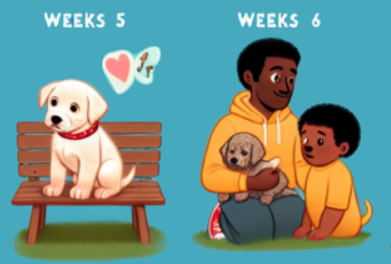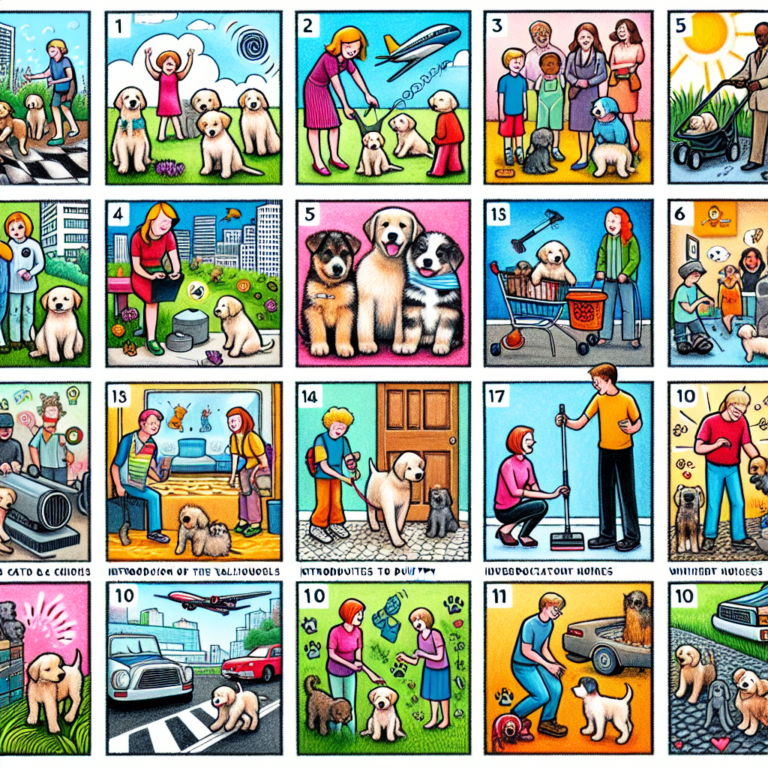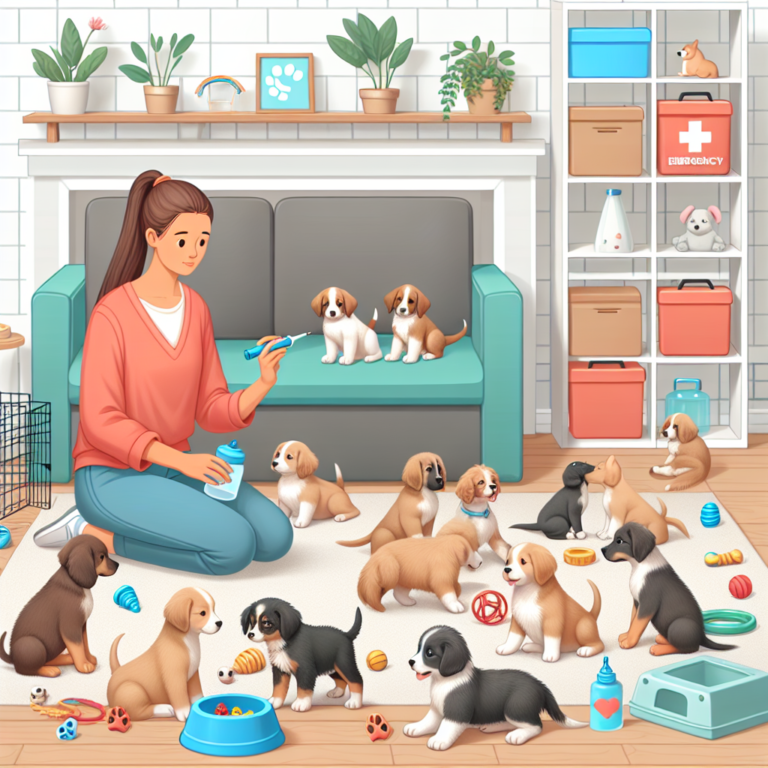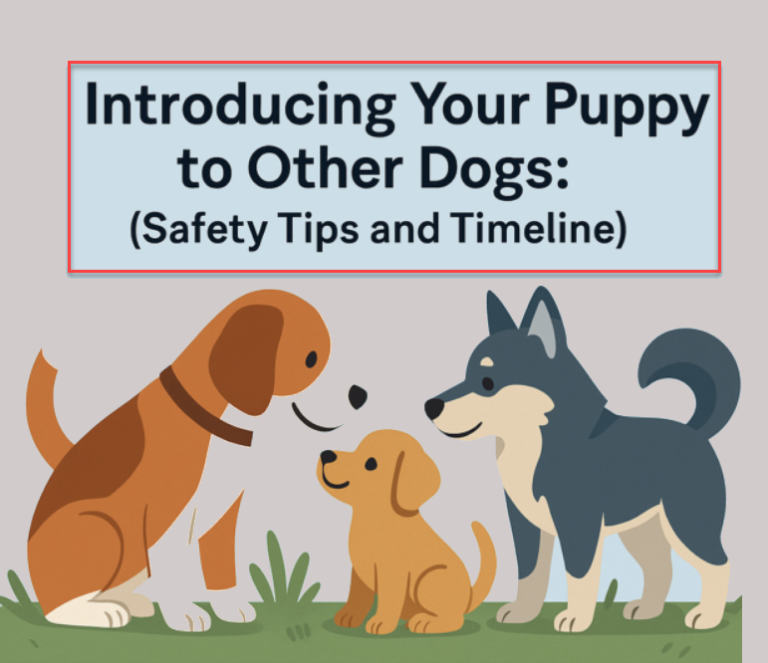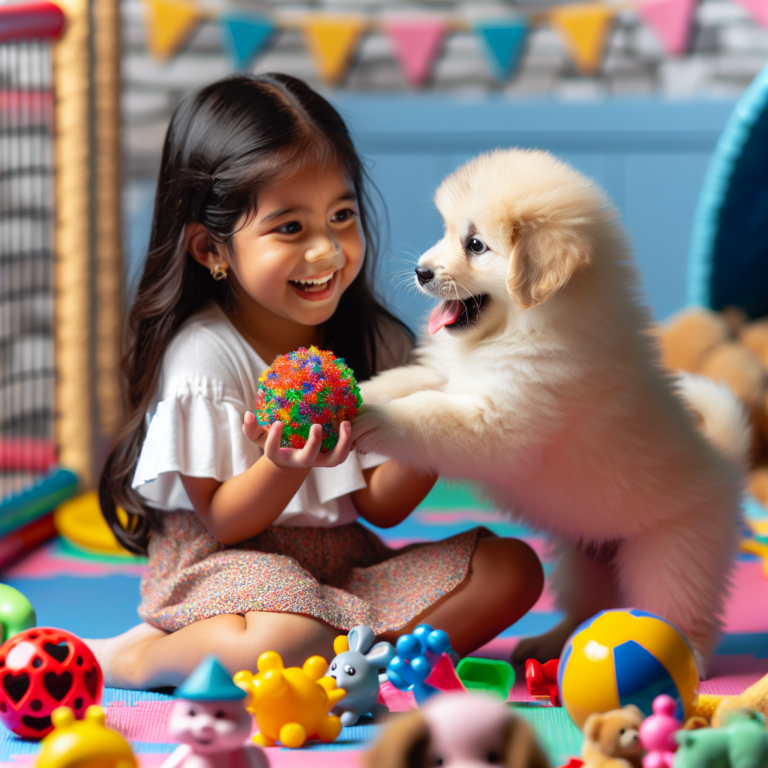Puppy socialization is a crucial phase in a young dog’s life, laying the foundation for behavior and temperament. Engaging in proper socialization helps puppies develop into well-adjusted adults, reducing the risk of behavioral issues. Understanding this critical timeline ensures that owners can provide their dogs with the experiences they need during their formative weeks.
Understanding the Puppy Socialization Period
The puppy socialization period is a brief window, usually occurring between three to sixteen weeks of age, where puppies are especially receptive to new experiences. This stage is vital for their cognitive and emotional development, significantly influencing their adult behavior. Insufficient socialization during this period can lead to lifelong fears and anxieties.
Week-by-Week Guide to Puppy Socialization
Week 3-5: Early Beginnings
During these early weeks, puppies begin to explore their world through sight, sound, and gentle handling. Interaction with littermates and the mother is essential, teaching valuable social cues and boundaries. This period is foundational for developing trust and comfort around familiar sounds and movements.
Week 6-8: Learning the Basics
As puppies grow, introducing them to new environments and people is crucial. Gradually expanding their sensory experiences builds confidence, while positive reinforcement helps shape their reactions to new stimuli. This stage sets the groundwork for adaptable and curious behaviors.
Week 9-12: Expanding Horizons
Venturing outside the home is important during this period. Experiences like car rides, visiting parks, and meeting other dogs help puppies adapt to new social settings. Exposure to different noises, textures, and training commands ensures they become well-rounded and resilient.
Week 13-16: Reinforcing and Building Confidence
Continued exposure to diverse environments and social situations reinforces the experiences learned in previous weeks. Building on positive behaviors and managing fear responses helps puppies become more confident. “The more positive experiences pups have during this time, the more likely they are to become confident, friendly dogs,” emphasizes Dr. Sophia Yin, a renowned veterinarian and animal behaviorist.🐾

Best Practices for Puppy Socialization
Effective socialization involves planning safe, controlled experiences that cater to a puppy’s comfort level. Owners should respect their puppies’ signals and gradually introduce them to new experiences without overwhelming them. This approach helps foster trust and growth at a comfortable pace.
Common Challenges in Puppy Socialization and How to Overcome Them
Fear and anxiety are common hurdles in puppy socialization. Identifying these signs early and addressing them through gradual exposure and positive reinforcement is key. For those with limited socialization opportunities, creative solutions like virtual resources and controlled meetups can help bridge the gap.
Tools and Resources for Successful Socialization
Investing in recommended toys, training aids, and environments can vastly enhance a puppy’s adaptation. Puppy socialization classes and groups offer excellent opportunities for exposure. Books, videos, and online forums are invaluable resources for further guidance, providing a wealth of knowledge to navigate this critical phase.
Conclusion
In summary, the socialization period is a pivotal time in a puppy’s life, shaping them into well-adjusted adults. Starting early and maintaining consistency is essential for fostering a balanced, social dog. Embracing this journey ensures a lifetime of companionship and happiness with a well-rounded pet. 🐶

